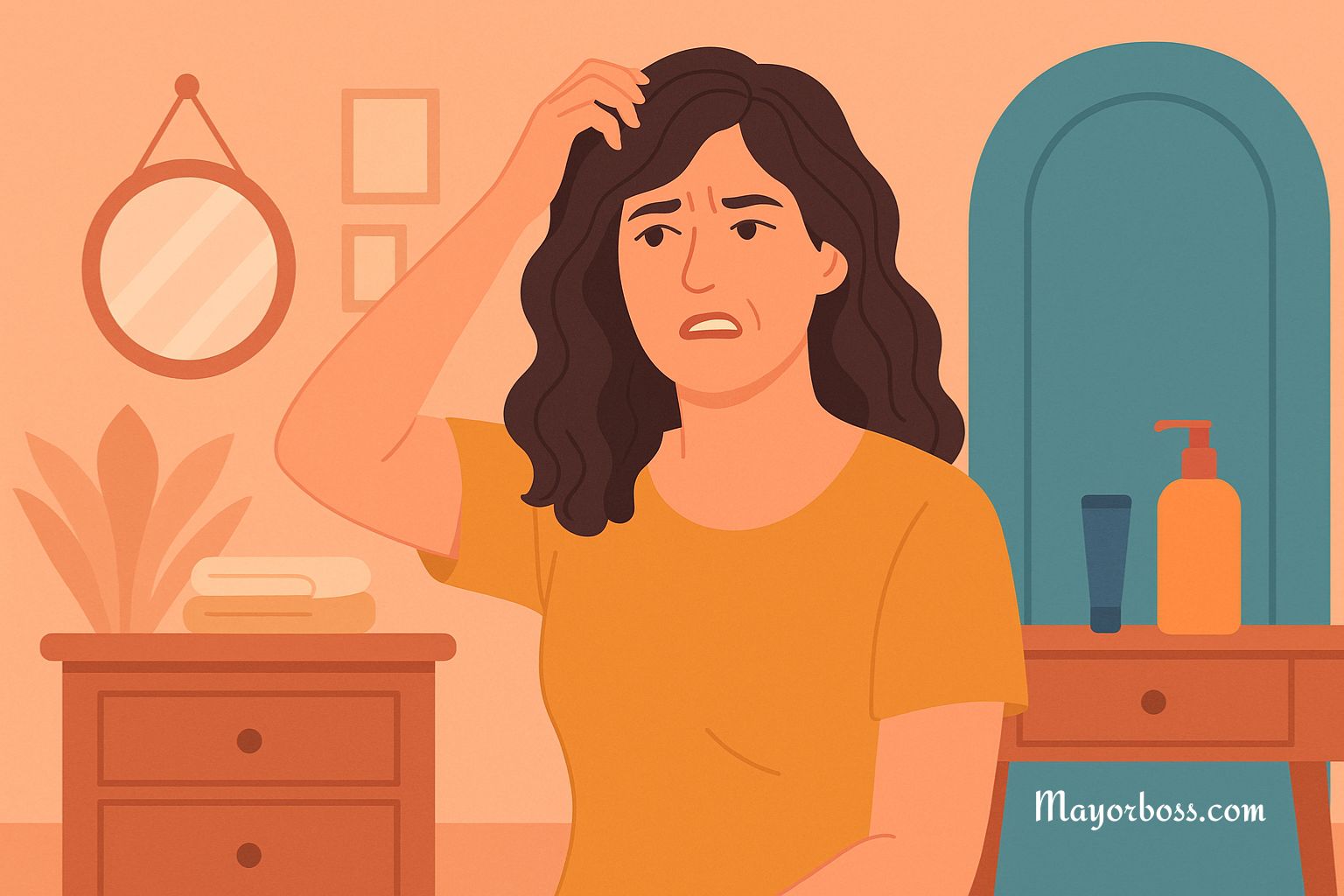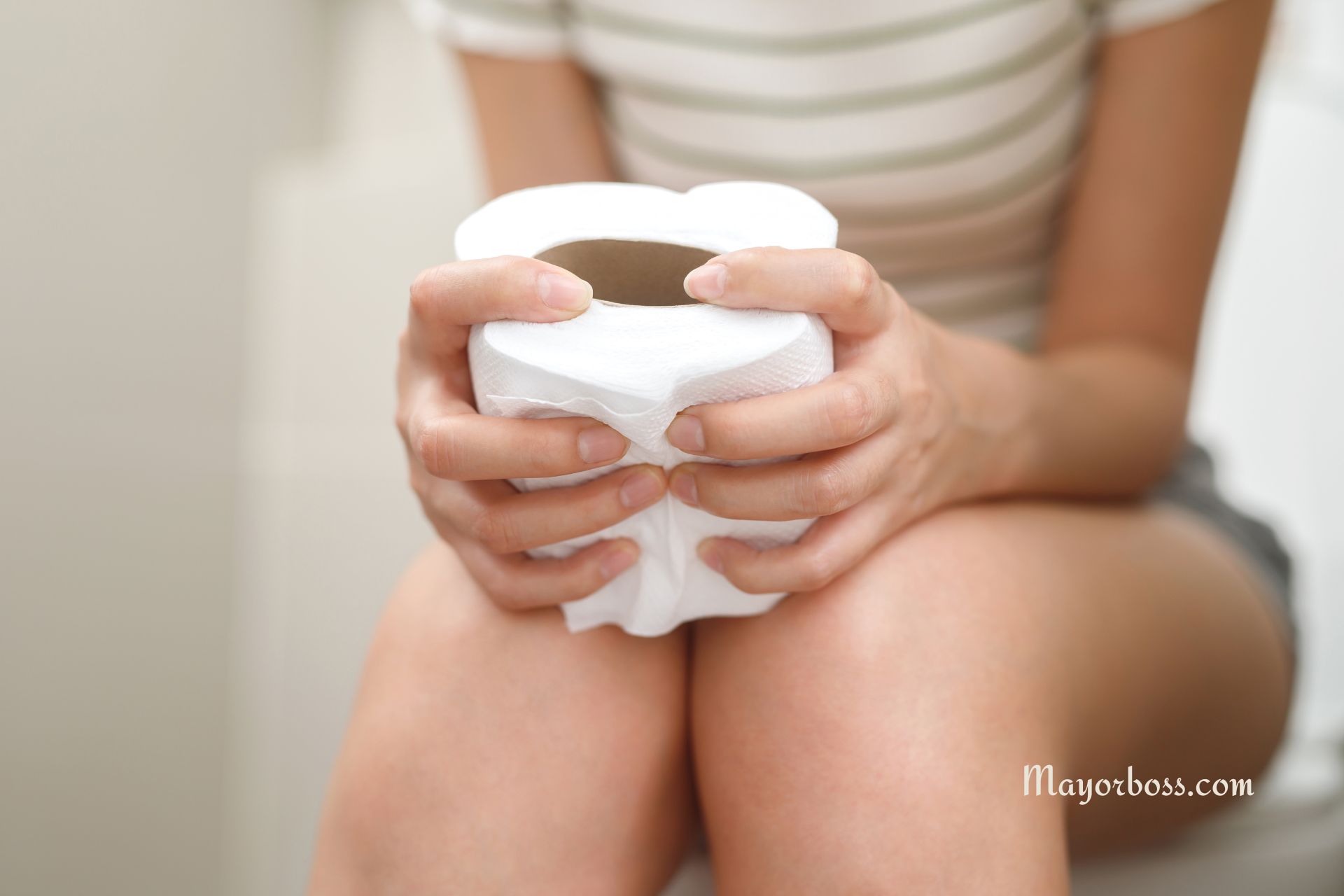11 Dangerous Habits Before Bed That You Must Stop Tonight
Sleep is one of the most important parts of maintaining good health. But many of us unknowingly have habits that can sabotage our sleep quality and even harm our overall well-being. If you’ve been struggling to get a good night’s rest or waking up feeling groggy and out of sorts, the problem might not just be stress or lifestyle. It could be things you’re doing right before you hit the pillow. Let’s look at 11 dangerous bedtime habits that you should stop right away to improve your sleep and protect your health.

Using Your Phone or Laptop in Bed Hurts Your Sleep Quality
Scrolling through your phone or watching Netflix until you fall asleep might seem relaxing, but the blue light emitted by your screens can mess up your sleep. According to a study published in Frontiers in Physiology, blue light from devices suppresses the production of melatonin, the hormone responsible for helping you fall asleep. In other words, using your phone right before bed confuses your brain into thinking it’s still daytime, making it harder to sleep.
Instead, doctors recommend creating a screen-free environment at least 30 minutes before going to bed to help your body relax and get into sleep mode.
Drinking Caffeine Too Late in the Day Disrupts Your Natural Sleep Cycle
Caffeine is notorious for keeping people awake. That cup of coffee or even a can of soda you’re having late in the afternoon could still be in your system by bedtime, making it harder to fall asleep.
According to Dr. Christopher Drake, a board-certified sleep specialist, as part of sleep hygiene recommendations, you should cut off caffeine consumption at least six hours before you plan to go to bed. Generally, this gives your body time to process and eliminate it from your system, so you’re not lying awake with racing thoughts at night.
Taking Long Naps During the Day May Cause Insomnia
Sure, naps can be a lifesaver when you’re exhausted. But if you nap for too long or too late in the day, you might have trouble falling asleep at night. The Mayo Clinic states that naps longer than 30 minutes, especially after 3 p.m., can interfere with your nighttime sleep cycle. This can lead to insomnia or poor-quality sleep, leaving you more tired the next day.
If you must nap, keep it short—about 20 to 30 minutes—and try to do it earlier in the day.
Eating Heavy Meals Right Before Bed Can Worsen Digestion and Sleep
Late-night snacks are tempting, but eating large or fatty meals too close to bedtime can disrupt your sleep. Heavy meals can cause indigestion, acid reflux, and even heartburn, making it hard to get comfortable and fall asleep. Your digestive system needs time to process food, and eating too late forces your body to work overtime when it should be winding down.
Stick to lighter snacks if you’re hungry late at night, and aim to have your last big meal at least two to three hours before bed.
Drinking Alcohol Before Bed Doesn’t Help You Sleep Better
A nightcap may help you relax, but alcohol is deceptive when it comes to sleep. It might make you drowsy at first, but it actually disrupts the quality of your sleep. According to the Handbook of Clinical Neurology, alcohol interrupts your sleep cycle by reducing rapid eye movement (REM) sleep, which is the most restorative stage of sleep. This means you’ll likely wake up feeling tired even after a full night in bed.
If you enjoy a drink, try to limit alcohol consumption a few hours before bed and opt for healthier relaxation techniques, like reading or taking a warm bath.
Exercising Too Late Can Keep You Wide Awake
Exercise actually improves sleep quality—but timing matters. Experts say that exercising too close to bedtime can elevate your heart rate and increase adrenaline levels, making it harder for your body to relax. According to research, vigorous workouts within two hours of bedtime can lead to poor sleep because they keep you wired when you should be unwinding.
Try to get your workout done earlier in the day. If evening exercise is your only option, aim for low-intensity activities like stretching or yoga that promote relaxation.
Skipping a Consistent Sleep Schedule Confuses Your Body Clock
Your body thrives on routine, especially when it comes to sleep. Going to bed and waking up at different times every day can confuse your internal clock, making it harder to fall asleep when you want to. According to a systematic review, irregular sleep patterns can also lead to mood disorders and reduce cognitive function over time.
Try to establish a consistent sleep schedule, even on weekends. This helps regulate your body’s circadian rhythm, making it easier to fall asleep and wake up feeling refreshed.
Not Creating a Comfortable Sleep Environment Sabotages Your Rest
If your bedroom is too hot, too cold, noisy, or uncomfortable in any way, you’re likely to toss and turn throughout the night. The National Sleep Foundation recommends keeping your bedroom at a cool 60-67 degrees Fahrenheit and minimizing noise and light for optimal sleep. In other words, a sleep-friendly environment is key to good rest.
Invest in blackout curtains, a fan, or even a white noise machine if necessary. Your bedroom should be a peaceful, restful place where your body feels relaxed and ready for sleep.
Skipping a Bedtime Routine Makes It Harder to Unwind
If you’re going from the chaos of the day straight to bed without any downtime, you’re probably going to have a hard time falling asleep. Creating a relaxing bedtime routine signals to your brain that it’s time to wind down. This could include things like reading a book, meditating, or taking a warm bath.
Having a consistent routine trains your body to expect sleep, making it easier to fall asleep and stay asleep throughout the night.
Smoking Before Bed Is Terrible for Your Sleep Quality and Health
We all know smoking is bad for health, but did you know it’s also terrible for sleep? Nicotine is a stimulant, which means it increases your heart rate and keeps your brain active—exactly what you don’t want when you’re trying to sleep. Dr. Pranshu Adavadkar, a Sleep Medicine Physician, told Sleep Foundation, “People who smoke, vape, or use other tobacco products tend to take longer to fall asleep, wake up more often during the night, and sleep fewer hours.”
Quitting smoking, or at least avoiding cigarettes before bed, is crucial for improving your sleep and overall health.
Staying in Bed When You Can’t Sleep Worsens Sleep Anxiety
It’s frustrating when you can’t fall asleep, but staying in bed and forcing yourself to sleep is actually counterproductive. Psychologists explain that staying awake in bed can create negative associations between your bed and sleeplessness, leading to anxiety and worsening insomnia.
If you can’t sleep after 20 minutes, get out of bed and do a relaxing activity like reading or listening to calming music. Once you start to feel sleepy, go back to bed.






